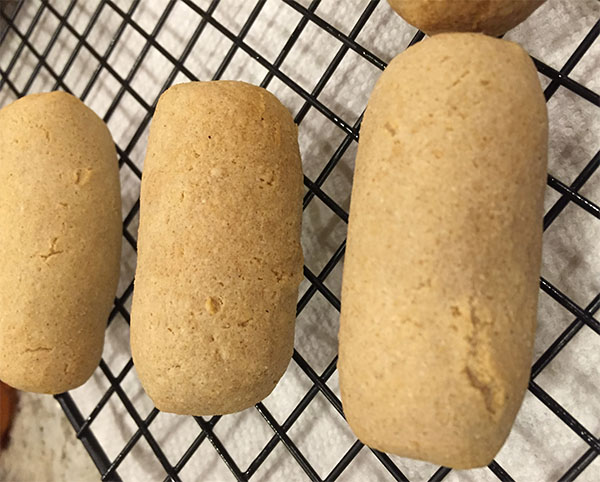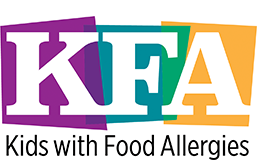 Avg. rating 3 from 7 votes.
Avg. rating 3 from 7 votes.
# of Servings: 3
Recipe Created By: TXHope
3 cooked safe hot dogs
1 cup Maseca® instant corn masa flour
2/3 cup water
1 Tbsp oil
more oil for frying
Cook the hot dogs.
Mix the dough: 1 cup of mesa flour, 2/3 cup of water and 1 tablespoon of oil.
Mix the dough until it forms a ball. If it is too crumbly to form a ball, add a small amount of water at a time until it forms a ball without cracking.
Take a golf ball sized piece of dough, flatten it in your palms so that it’s larger than the hot dog. Cup the dough around the hot dog. You can smooth any small cracks by getting a little water on your fingertips and smoothing them out.
Fry them in oil until crispy and brown.
Use any hot dogs that are safe for your allergy set.
Corn Substitutions: Corn is a common ingredient in products. Starch, modified food starch, dextrin and maltodextrin can be from corn. Consult with your physician to find out which corn derivatives you need to avoid. Many corn-free options are available in the US. Find out more about
corn substitutions.
Gluten: Gluten is a protein found in specific grains (wheat, spelt, kamut, barley, rye). Other grains are naturally gluten-free but may have cross-contact with gluten-containing grains. Look for certified gluten-free products if you need to avoid gluten. Find out more about
wheat and gluten substitutions.
 Avg. rating 3 from 7 votes.
Avg. rating 3 from 7 votes.





















